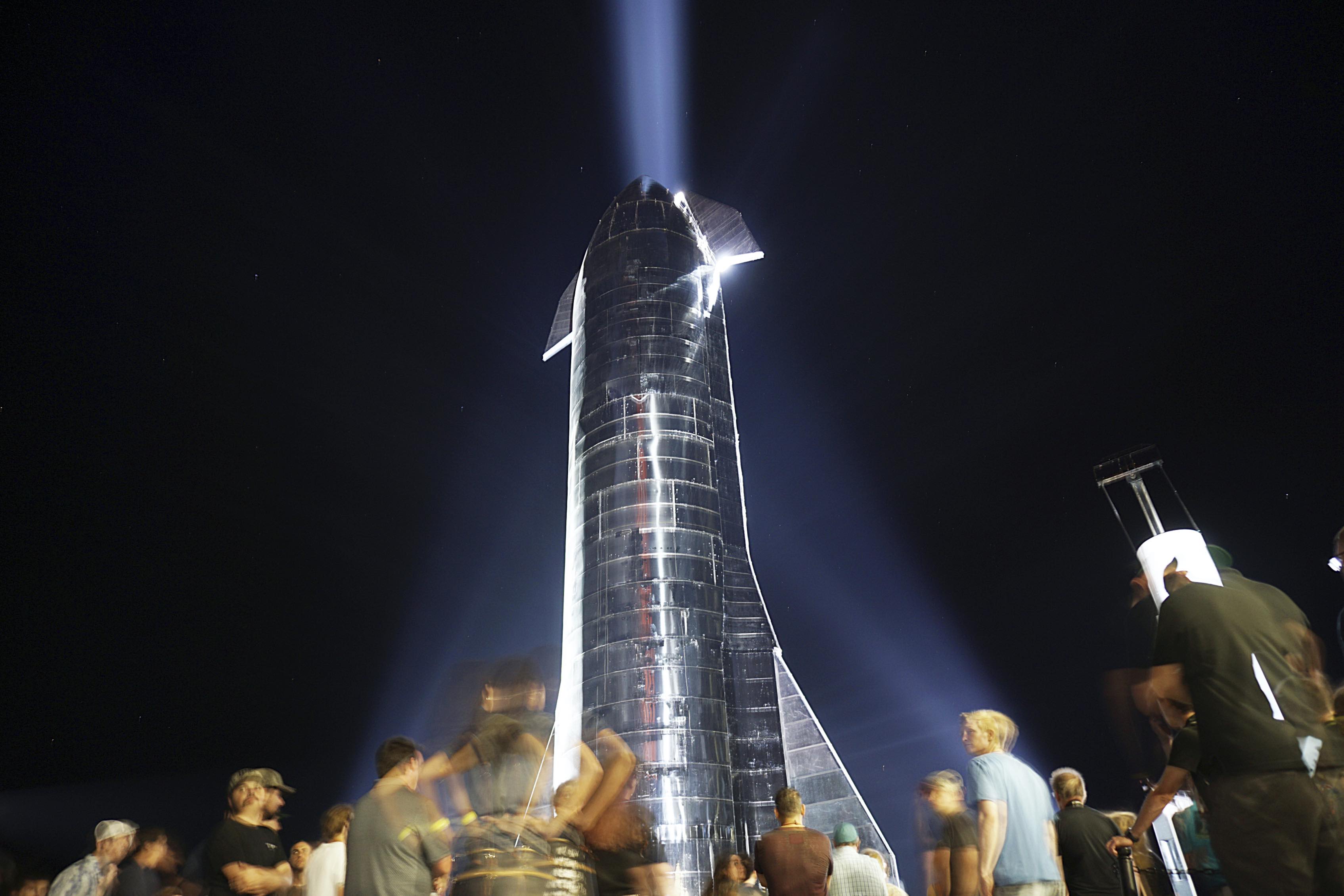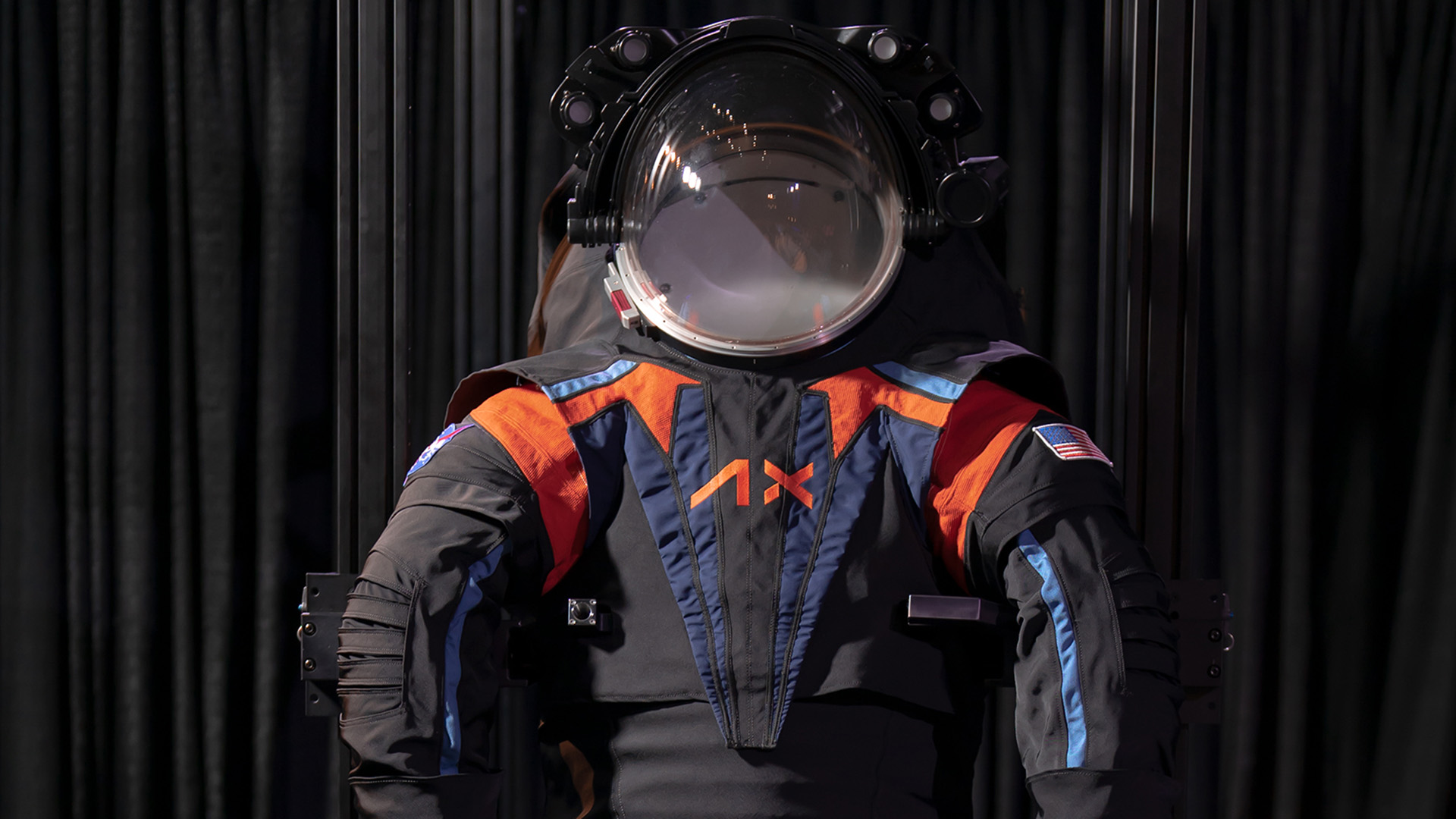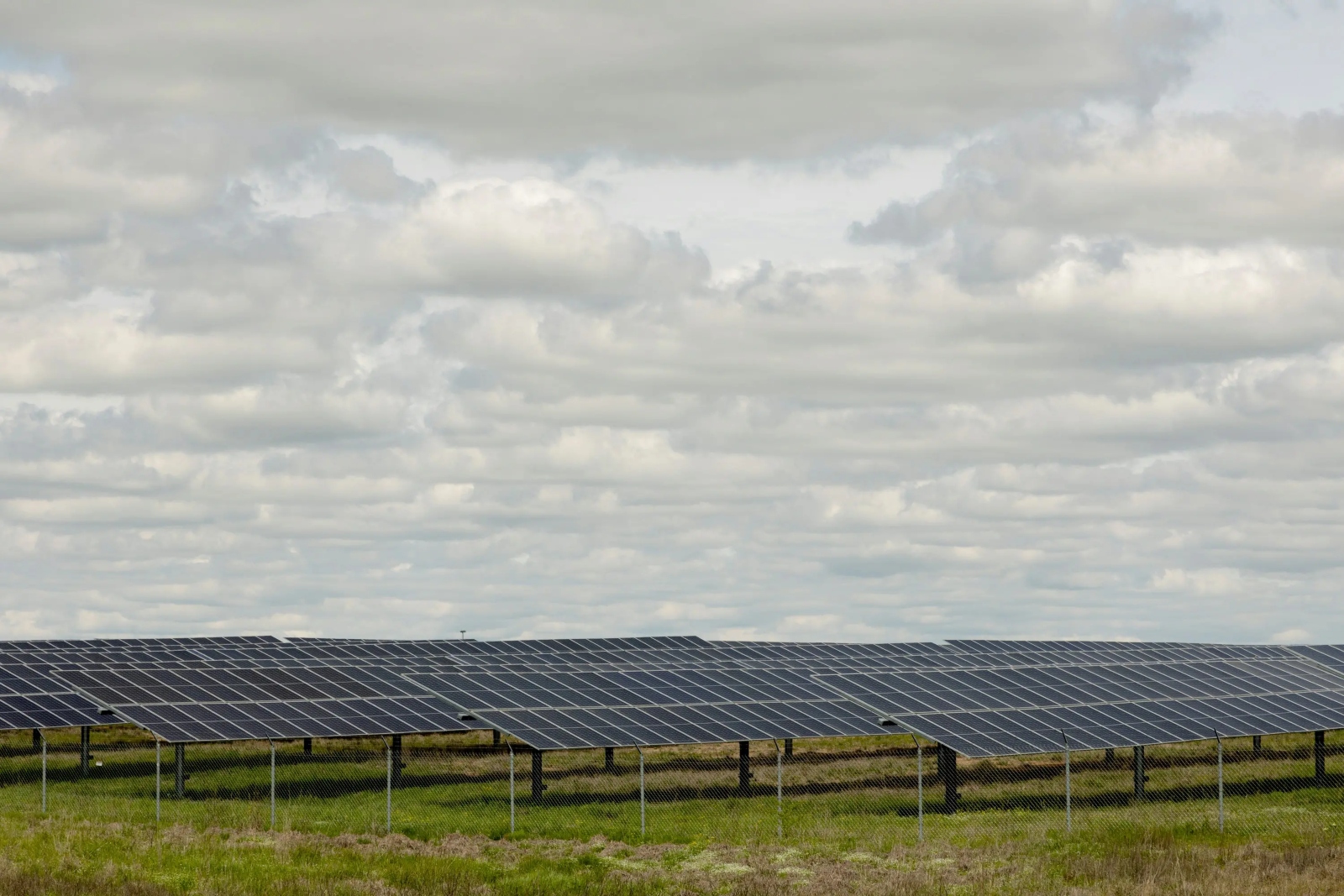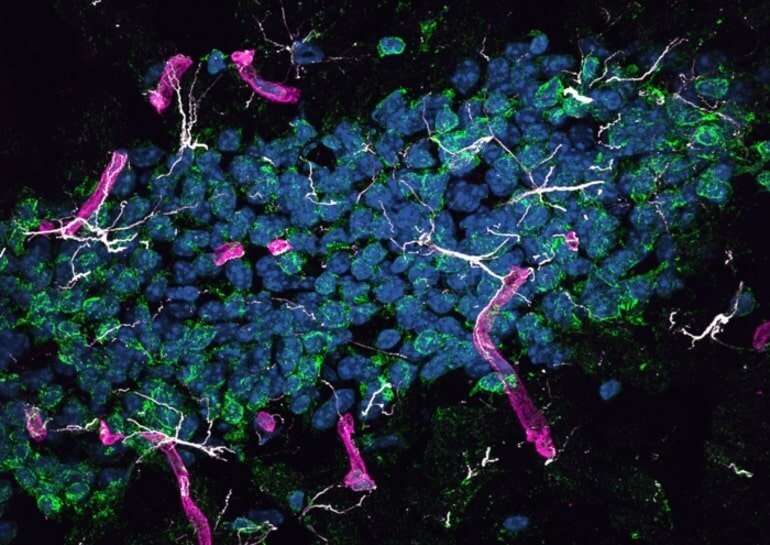NASA’s Artemis missions are set to be some of the most iconic of the decade, finally putting human boots back on the Moon for the first time since Apollo. Unfortunately, a new study from the U.S. Government Accountability Office (GAO) indicates that an Artemis III delay isn’t just likely; it’s probably inevitable.
NASA’s Artemis I mission finally took to the air in November last year. However, it wasn’t without its issues. We saw delay after delay hit the launch. We saw so many delays, in fact, that many became worried for the mission as a whole, as many of the parts were coming up on their end-of-life date. The agency pulled it off, though, and the Orion spacecraft returned safely to Earth after 25 days of journeying.
Next, NASA plans to send astronauts around the Moon in Artemis II. After that, though, the space mission will finally set down on the Moon’s surface, giving several astronauts the same iconic opportunity that many Apollo astronauts got. That mission is currently slated for a 2025 launch, but GAO seems to think an Artemis III Delay could put that back to 2027 at the earliest.

There are a number of reasons why GAO isn’t very confident in NASA hitting its current expected launch date for Artemis III. For starters, the study says that NASA’s current schedule is exceptionally ambitious, with the agency aiming to complete the development of the first version of the Human Landing System that will help Artemis astronauts reach the moon’s surface in just 79 months from start to launch.
Tech. Entertainment. Science. Your inbox.
Sign up for the most interesting tech & entertainment news out there.
By signing up, I agree to the Terms of Use and have reviewed the Privacy Notice.
While that schedule is ambitious in and of itself(it’s 13 months shorter than the average schedule for other major NASA projects), we’ve also seen some considerable delays to key events, with many of the key events surrounding the Human Landing System currently being delayed by at least six months. Some of these delays were caused when SpaceX’s Starship exploded during its first test.
SpaceX is currently on tap to provide the first version of the Human Landing System for NASA, though other companies have also been provided contracts to develop additional landing systems. The first test for Starship was delayed by seven months and then exploded mid-flight. GAO also says that an Artemis III delay could be caused by the significant amount of complex technical work needed by SpaceX to create a system capable of landing on and taking off from the Moon’s surface.

Another problem that GAO has noted is the development of key systems like the new space suits that companies like Axiom Space are currently working on. While Axiom showed off next-generation Artemis spacesuits earlier this year, the company is still working to ensure that the suits will have enough emergency air for astronauts, among other things.
It isn’t that surprising to learn that GAO is worried about the current timeline for the Artemis III mission. Of course, much of this could change going forward, and maybe NASA and SpaceX will pull through. The second Starship test has already proven more successful than the first. But that doesn’t mean we’re ready to land that bad boy on the Moon just yet.
Unfortunately, only time will tell if the GAO’s concerns are enough to cause a notable Artemis III delay. If the mission is delayed until 2027, that means NASA and others will have even more time to prepare for one of the most iconic space missions of the last fifty years.
Note: This article have been indexed to our site. We do not claim legitimacy, ownership or copyright of any of the content above. To see the article at original source Click Here













